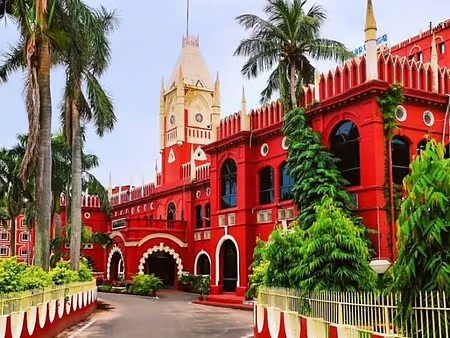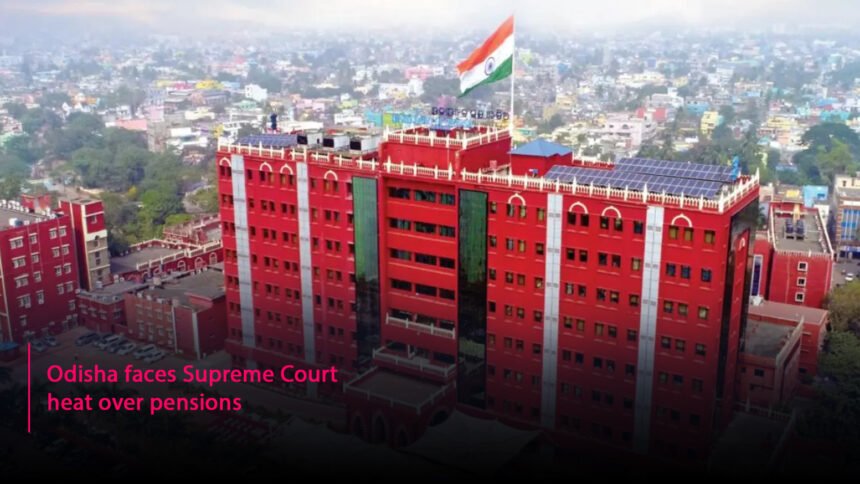The Supreme Court of India has clarified the difference between work-charged employees and job contractors regarding pension benefits under the Odisha Pension Rules, 1992. This clarification comes after multiple delayed petitions from Odisha concerning pension entitlements.
The court explained that there is a clear distinction between work-charged employees and those working under job contracts. Referring to sub-Rules 3 and 6 of Rule 18 of the Odisha Pension Rules, 1992, the court noted that work-charged employees who have worked continuously for at least five years and are later appointed to a temporary or permanent position in a pensionable establishment will have their past service counted for pension eligibility.
This ruling highlights the importance of correctly identifying employee categories to ensure they receive the benefits they are entitled to under the law.
The Court further explained the rule for job contract employees, stating that once they are moved to a pensionable establishment, only a portion of their job contract service will be added to their regular service. This added period will be just enough to make them eligible for pension benefits.
Court Accepts Delayed Petitions
In a significant decision, the Supreme Court has agreed to consider Odisha’s delayed petitions based on their merits, according to Live Law. While this is not the usual practice, the court made an exception due to the large number of employees affected and the major financial impact on the state.

Court Criticizes Odisha’s Delay
Although the Supreme Court accepted the delayed petitions, it strongly criticized Odisha for its slow handling of these pension cases. To hold the state accountable for unnecessary delays, the Court has imposed a penalty of Rs 1.5 lakh per employee, emphasizing the need for timely legal action.
Financial Impact
The ruling underscores the financial burden on both the affected employees and the State Exchequer. It also highlights the importance of efficient legal processes to ensure employees receive their rightful pension benefits without unnecessary delays.
Case Background
A Supreme Court bench, led by Justices Sudhanshu Dhulia and Ahsanuddin Amanullah, was reviewing Odisha’s petitions challenging the Orissa High Court’s decision to dismiss them due to late filing. The case revolved around a long-standing dispute over pension benefits for employees who were first hired as job contractors and later given permanent positions in the Odisha government.










